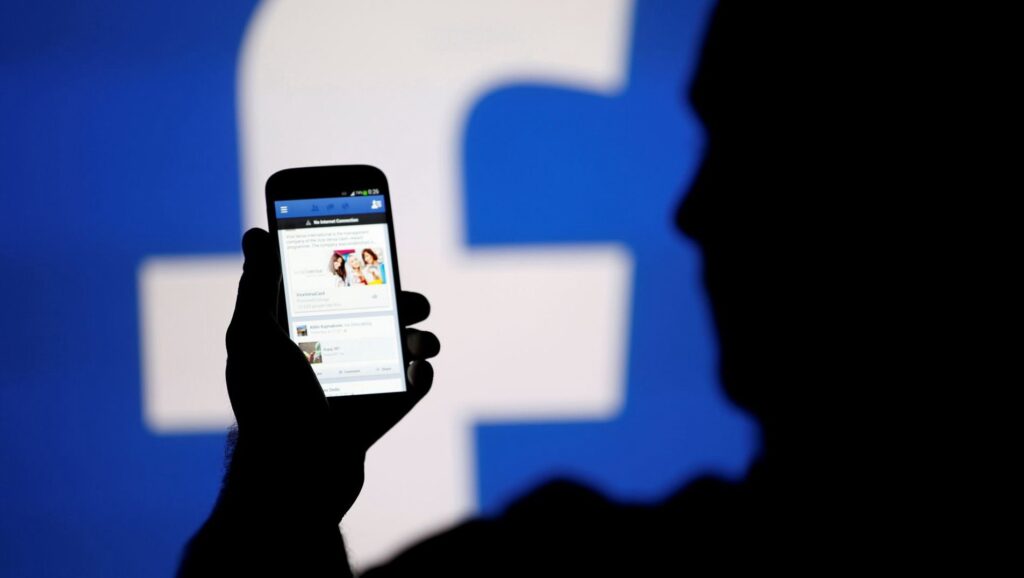I have your nudes and everything needed to ruin your life. This chilling message was received on social media by US teenager Evan Boettler, from someone he had previously believed to be a young girl - in fact, it was a cyber-scammer. Just 90 minutes after receiving the first message, the 16-year-old took his own life.
Sextortion - sexual extortion - is one of the fastest-growing online crimes. Victims - often teenagers in the US and Europe - are tricked into sending intimate photos or videos, which the scammers threaten to pass on unless they are paid.
When they finally told us that night that he was gone, it didn't make any sense. I don't understand how this could happen to our family, says Evan's mother Kari. In the home she shares with Evan’s father Brad, she describes their son as a bright, funny teenager who loved to fish, play sport, and hunt.
Late one cold afternoon in early January 2024, Evan was contacted on Snapchat by someone he believed to be a girl called JennyTee60. Within minutes, "Jenny" persuaded him to share explicit images of himself and immediately began ruthlessly blackmailing him.
Two years later, the Boettlers’ grief remains raw, their quest for justice fraught with obstacles. Social media platforms like Meta resist sharing information without a court order, which the family lacks despite ongoing pressure on law enforcement to act.
In an investigation tracing the scammer, an IP address was discovered leading to Nigeria, where the author encountered various scammers, collectively known as Yahoo Boys, living on the outskirts of Lagos. Here, a young scammer named Ola recounted the mechanics of sextortion, expressing indifference to the lives he ruins for quick cash.
The scope of sextortion continues to evolve, with social media companies facing mounting criticism for their inadequate protective measures against such crimes. A 2024 report showed sextortion complaints to the FBI have more than doubled, with families of victims like Evan calling for stronger intervention from tech giants.
As the Boettler case illustrates, without urgent action from both law enforcement and social media companies, countless young lives remain at risk in the shadows of the digital age.
Sextortion - sexual extortion - is one of the fastest-growing online crimes. Victims - often teenagers in the US and Europe - are tricked into sending intimate photos or videos, which the scammers threaten to pass on unless they are paid.
When they finally told us that night that he was gone, it didn't make any sense. I don't understand how this could happen to our family, says Evan's mother Kari. In the home she shares with Evan’s father Brad, she describes their son as a bright, funny teenager who loved to fish, play sport, and hunt.
Late one cold afternoon in early January 2024, Evan was contacted on Snapchat by someone he believed to be a girl called JennyTee60. Within minutes, "Jenny" persuaded him to share explicit images of himself and immediately began ruthlessly blackmailing him.
Two years later, the Boettlers’ grief remains raw, their quest for justice fraught with obstacles. Social media platforms like Meta resist sharing information without a court order, which the family lacks despite ongoing pressure on law enforcement to act.
In an investigation tracing the scammer, an IP address was discovered leading to Nigeria, where the author encountered various scammers, collectively known as Yahoo Boys, living on the outskirts of Lagos. Here, a young scammer named Ola recounted the mechanics of sextortion, expressing indifference to the lives he ruins for quick cash.
The scope of sextortion continues to evolve, with social media companies facing mounting criticism for their inadequate protective measures against such crimes. A 2024 report showed sextortion complaints to the FBI have more than doubled, with families of victims like Evan calling for stronger intervention from tech giants.
As the Boettler case illustrates, without urgent action from both law enforcement and social media companies, countless young lives remain at risk in the shadows of the digital age.


















